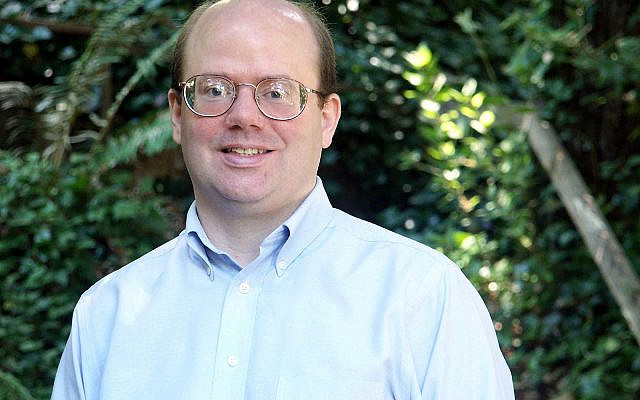Dialogue with Larry Sanger
In 2016, Jimmy Wales received the Dan David prize, with a million dollars by the University of Tel-Aviv. Still many people on the Net think Lawrence Mark “Larry” Sanger is the real founder of Wikipedia. In Vice magazine, he said inmates took over the asylum. He studied epistemology in Ohio State University and the theory of knowledge and agreed to answer a few questions.
What is the concept of Meta Justification?
In my dissertation I formulated a “problem of meta-justification.” The ordinary problem of justification is, simply, “On what grounds, ultimately, are our beliefs justified (or known, or warranted, or rational)?” The problem of meta-justification observes that the answer to the latter question is usually something like a rule or principle, “Our beliefs are justified when they meet such-and-such conditions,” and asks, “On what grounds, ultimately, can we justified those rules?” This problem is associated with many different philosophical problems. It turns out to be what they all have in common.
While I didn’t always think about it in quite that way, my thinking has been driven since I was a teenager (I’m now 48) by a few relatively simple thoughts: I want to believe only things that are true; but I don’t know on what grounds, ultimately, I can say whether something is true or not; but since I am aiming at the truth and I am using reason, I will take for granted that the truth exists to be found, and that, whatever else may be used, reason is one way to reach it. As Reid wrote, “He must either be a fool, or want to make a fool of me, that would reason me out of my reason and senses. I confess I know not what a sceptic can answer to this, nor by what good argument he can plead even for a hearing; for either his reasoning is sophistry, and so deserves contempt; or there is no truth in human faculties—and then why should we reason?”
So, on the one hand, I start very much from a place like the great skeptics, Socrates, Descartes, and Hume, but am animated that the faith that the universe is ultimately knowable, even if I might never actually possess knowledge myself.
Does that make you a skeptic?
I am not the sort of skeptic who asserts that knowledge is impossible. I think we do have adequate if not perfect knowledge of many basic facts; I think I know I have two hands, that I live in a state called Ohio, that I am looking at a computer screen at the moment, that I have read books, etc. I think we have inadequate, or nonexistent, knowledge of many more complex things, such as politics. I would not know say I know that any political tendencies I have are correct. I can’t speak for others, but I imagine the vast majority of us are in my position about those political questions. The more inherently complex the subject matter, the more opportunity for human error.
You said in the Vice interview, that Wikipedia never solved the problem of ”how to organize itself a way that didn’t lead to mob rule”. What did you mean by that?
They do have a problem with fairness and sound governance.
You told me people often think you are Jewish. Can you tell me a little bit more about it?
Some anti-Semite wrote a screed many (10?) years ago that asserted various Internet founders are Jewish. Both Jimmy Wales and I are listed, but neither of us is Jewish, in fact. Religiously, I was raised Lutheran and am now agnostic, and ethnically, I am a typical American cross-breed (lots of English, German, and French). If I have any Jewish blood in me, it would have to be from several generations back.


